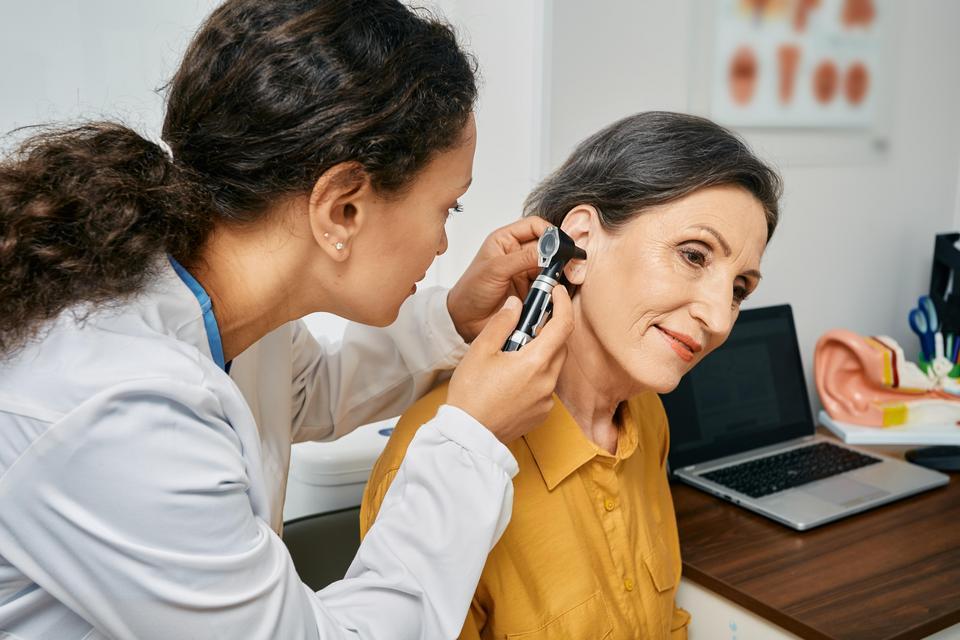It’s common for new moms to have the “baby blues” after delivery, which may include mood swings, feeling tired or becoming anxious or overwhelmed. These feelings may go away within a few days, but if they do not, they could be signs and symptoms of postpartum depression.
Postpartum depression is a mood disorder that occurs in approximately one in seven women. Postpartum depression is not anyone’s fault, and it is not a sign of weakness. The combination of hormonal changes after the birth of your baby and the increased stress of childcare can cause postpartum depression in almost any woman. Women who have had depression in the past may also be at a higher risk of developing the condition.
If you experience signs of postpartum depression, you are not alone. Our providers are here to help.
Signs and Symptoms of Postpartum Depression
Signs and symptoms of postpartum depression can look similar to common symptoms of depression, such as feelings of sadness, changes in appetite or sleeping habits, and loss of interest in things you used to enjoy. Symptoms may begin during pregnancy, but they may start anytime during the first year of delivery.
Postpartum depression symptoms will vary from woman to woman, but some may experience:
- Anxiety or fear that you are not a good mother
- Crying often and/or for long periods of time
- Feeling guilty or worthless
- Lack of energy and motivation
- Not feeling attached to your baby
- Not wanting to be with friends or family
- Thoughts of harming yourself or your baby
If you experience these more serious symptoms, call 911 or go to your nearest emergency room.
Treatment for Postpartum Depression
Unlike the baby blues, which tend to go away on their own after a few weeks, postpartum depression requires treatment, such as:
- Counseling or talk therapy
- Improving your self-care routines, such as sustaining a healthy diet and getting enough sleep
- Joining support groups or talking with other mothers experiencing postpartum depression
- Medications—Some antidepressants are safe to take while breastfeeding, but talk with your provider first. He or she can recommend an antidepressant that is safe for you and suggest alternative forms of treatment instead.
Altru offers early postpartum depression screenings, and our expert nurses are here to help. During your first few days at home, you’ll be contacted by one of our nurses to discuss any concerns or questions you have. If you’re experiencing signs or symptoms of postpartum depression, bring them up with your nurse when she calls you. She can refer you to resources and treatment options.
If you believe you may have postpartum depression, the team at Altru’s Family Birthing Center can help you find the help and resources you need to overcome it. Call 701.780.5480 or 800.732.4277 to speak with someone on our team.







